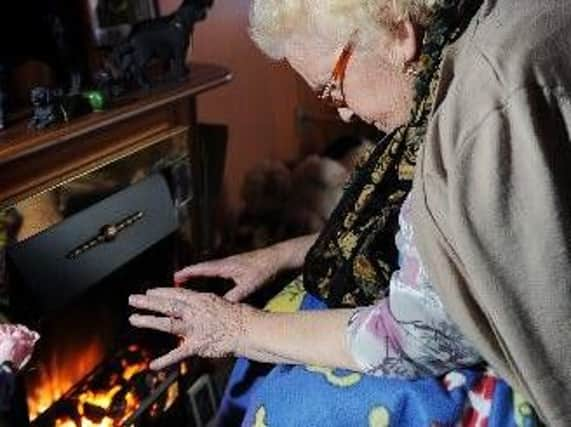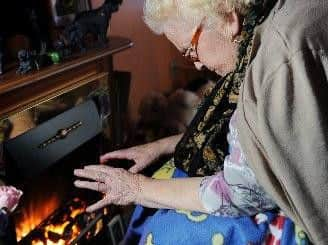Thousands living in fuel poverty in Ashfield


Charity National Energy Action has warned of the devastating effects of being unable to afford heating bills, and urged the Government to take steps to protect vulnerable households.
Official figures reveal that 4,952 households in Ashfield cannot afford to heat and light their homes properly without being pushed into poverty.


Advertisement
Hide AdAdvertisement
Hide AdIt means that the issue affects nine per cent of households in the area, according to the report from the Department for Business, Energy and Industrial Strategy.
That's the same as the average across the East Midlands. Across England, the rate is 11 per cent.
A household is considered to be fuel poor if they have energy costs above the national median, and if meeting those costs would push them below the poverty line.
The 185,000 fuel poor households in the East Midlands are, on average, £325 short of being able to afford their energy bills each year.
Advertisement
Hide AdAdvertisement
Hide AdAshfield's Mp, Gloria De Piero called fuel poverty a 'national disgrace'.
She said: “I have raised the issue of fuel poverty on many occasions as it is a national disgrace that in this day and age, some people are having to choose between feeding their families and keeping warm in winter.
“The energy cap brought in by the government has failed to control rip-off energy prices and much more needs to be done to make homes more energy efficient.
“If in power the Labour Party would bring in a more effective fuel price cap and make insulating homes a priority to make a proper difference to people’s quality of life.”
Advertisement
Hide AdAdvertisement
Hide AdRising energy costs, low incomes and energy-inefficient housing are the main factors behind fuel poverty, according to NEA chief executive Adam Scorer.
He said: "The effects can be devastating - social isolation, poorer physical and mental health, lower educational achievement, and rationing of food and other essentials.
"We hear from individuals who are so stressed about their energy bills that they live in a constant state of anxiety, and from people who have no choice but to live in a cold, damp home, making health conditions such as bronchitis worse.
"We hear about children spending most of their time at home during the winter in bed trying to keep warm, rather than socialising with their families."
Advertisement
Hide AdAdvertisement
Hide AdMr Scorer added that the cost of treating cold temperature-related illnesses brought on by fuel poverty is a burden on the NHS, while energy inefficient homes are a major cause of CO2 emissions.
The likelihood and severity of fuel poverty depend on the type of household.
A quarter of single-parent households in England are fuel poor, while a fifth of private renters are affected - compared to just eight per cent of owner occupiers.
A BEIS spokesperson said: "No one should be cold in their own home. That's why we're protecting all households from rip-off deals with our energy price cap, and helping 2 million low-income households get money off their winter energy bills.
"On top of this, we're targeting support at the most vulnerable, giving extra money to pensioners during the winter and improving the energy efficiency of households on low income."